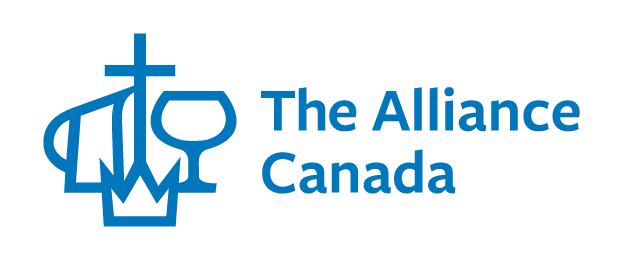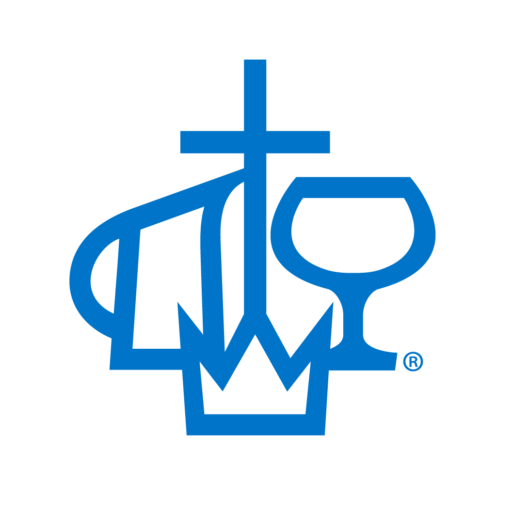Wolof
Way of Life
Almost 75% of the Wolof population live in rural villages of about 5,000 people. They live in huts made of millet. There are also cooking huts, storehouses, and animal shelters, closed in by a millet fence. More affluent villagers may have one or more modern, multi-room rectangular houses made of cement blocks with tile or corrugated tin roofs. The head of the village is the oldest man from the biggest family. They sleep on traditional beds of wooden sticks (one end is raised), and they draw water from wells or rivers. They do not have electricity, although some villages have a radio.
According to their laws, a man can have up to four wives, but most have two. There are a lot of divorces. Parents carefully choose their child’s name, which is usually that of a family member or friend who has influenced them and will provide a model for the child. The decision may take up to a year.
Boys live in their mother’s hut until they are about seven or eight. Then they are circumcised, in the bush, where they wear white gowns and caps. When they return, they are looked after by a big brother, or Selbe, until they are fully healed. The Selbe educates them about Wolof heroes and legends. After this rite, the community regards them as men. A typical Wolof family has as many as ten or eleven children. Although the man of the family makes the decisions, traditionally, when a child comes of age, the mother looks for an appropriate spouse of equal or higher social status. The father waits for the mother’s selection and then usually approves it.
Profile
Pronunciation:WOE-lof
Population: 6,237,000; 5,690,000 of
which are in Senegal.
Location: Senegal and parts of North West Africa.
Enclaves in N. America and Europe
Ethnicity: Wolof
Language: Wolof
Religion: Islam (Sunni)
Professing Christian:0.04%
source: https://joshuaproject.net
Beliefs & Culture
As Muslims, they are mainly organized into two Sufi orders or brotherhoods, the Tijaniyya and the Muridiyya. Men become members of an order upon circumcision, whereas women become members upon marriage, joining the same order as their husbands. Along with Islam, they often practice traditional beliefs and practices. Nearly all Wolof wear numerous amulets that are believed to have the power to protect the wearer from illness, evil spirits, witchcraft, or other harm. After the death of a person, the usual Muslim funeral ceremonies are followed. Burial is within a few hours unless the death occurs at night. The suicide rate is quite low.
The Work So Far
Workers are being called by God to serve this people group and to serve the few evangelical Wolof Christians in Senegal. Specifically, there is now a team in Dakar, including re-deployed International Workers and new workers, who have responded to God’s call in Senegal. Currently there are 200 known believers. International Workers are evaluating the work of other organizations to discern how God would use us and what personnel is needed for this work. Workers continue to be amazed when they see that God has indeed come before and prepared the way. One worker has been invited to join with some new believers, and some men who are still seeking the truth as they study what it means to follow Jesus. Some of these men are quite influential in the majority religion and in their families. Their decision to follow after Jesus is not always an easy one. Often their families respond negatively, one man’s wife has left him and taken his child with her. But he, like others, continues to believe that Jesus is worth it.
“
Their decision to follow after Jesus is not always an easy one.
”
How to Pray for the Fulani
Praise God that The Jesus Film is available to the Wolof. Pray that it will reach many with the Gospel.
Pray that many churches will be planted among the Wolof scattered throughout Senegal. Pray that the Wolof in other countries will hear the Gospel message.
Pray that the few evangelical Christians in Senegal will boldly live out their faith and that many Wolof will come to Christ as a result.
Pray that people will support this ministry in prayer and in financial giving, and that God will bless them through their support.
Partner with us
Help us bring access to Jesus to the Wolof and other least-reached people groups by donating to the Jaffray Project.

